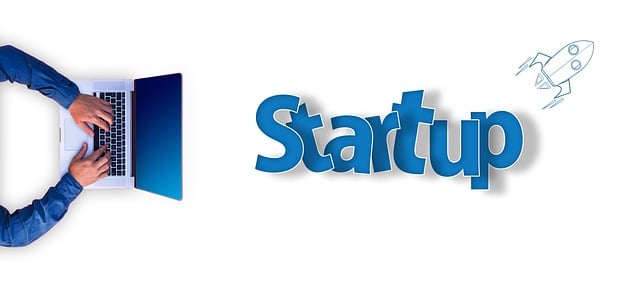One of the first tax issues a new business faces is knowing when or whether they should register for VAT. In this post we discuss VAT basics for start-ups. From what VAT is, how it works, when to register and how to stay compliant.

What is VAT and why does it matter?
Value Added Tax or VAT for short is a tax charged on most goods and services sold by UK VAT-registered businesses.
When your business becomes VAT registered it can usually reclaim the VAT paid on goods and services provided certain conditions are met.
If your business fails to register for VAT on time, this can result in backdated VAT liabilities, financial penalties and unnecessary scrutiny from HMRC.
Who needs to register for VAT?
If you're a business making taxable supplies in the UK you're required to register for VAT in the following circumstances:
You can choose to voluntarily register for VAT at any time if you make or intend to make taxable supplies. This can prove useful where you're a start-up looking to reclaim VAT on significant expenditure. For example on equipment, software, or professional services.
One of the VAT basics for Start-Ups is understanding that if your sales are exempt or outside the scope of UK VAT with no entitlement to register, you cannot become VAT registered.
What happens once I'm VAT registered?
Once your business is VAT registered, your business must adhere to a strict set of rules:
Understanding what rate of VAT to charge
Essentially there are three different rates of VAT in the UK.
There are some goods and services which are VAT exempt. For instance, insurance, certain medical services, and some forms of education. Others are outside the scope of VAT entirely—like donations to charity or MOT tests. These do not count towards your taxable turnover.
Understanding which category your products or services fall into is essential. If you apply the incorrect VAT rate this can result in issues with underpaying VAT or unnecessary overcharging to customers.
Calculating VAT on your sales
To establish out how much VAT to charge, the first step is to identify the correct VAT rate for your product or service.
Example
You sell a standard-rated item with a net price of £100:
You add 20% VAT which gives a total price of £120
The VAT charged is £20
If you need to calculate the VAT from a gross price instead then you'll need to use VAT fractions:
You apply 1/6 for standard rated items (20%) and 1/21 for reduced rate items (5%).
Example
The gross price of your item is £120 and your supply is standard rated
You apply 1/6 to your gross price of £120 which gives you VAT of £20, Therefore the net price of your item excluding VAT is £100.
This is another of the key VAT basics for start-ups. Furthermore it's really important to get this point right—particularly when your issuing invoices or advertising VAT-inclusive prices.
How much VAT do I pay to HMRC?
The VAT you charge on your sales is known as output tax. Conversely the VAT you suffer on business purchases is called input tax.
You’ll submit these figures when you file your VAT return. When output tax is higher than input tax, the difference is paid to HMRC. Alternatively, if input tax is higher than output tax, you may be eligible for a VAT refund.
The Flat Rate Scheme - a simplified option for Start-Ups
Where you want to simplify VAT, the Flat Rate Scheme (FRS) may be appropriate—especially in your first year. Furthermore, there’s even a 1% discount for the first year.
Where your annual VAT-inclusive turnover is under £150,000, you potentially qualify to join the scheme. However it's most beneficial where you are a service-based start-up with low overheads.
International Trading and selling online
If you are selling overseas the rules may be different depending on where your customer is based.
As a general rule, most exports are zero-rated, though only if you retain evidence of the goods leaving the UK. Where you are importing goods you may need to pay import VAT at the border. Where the value of those goods is over £135, you can potentially use postponed VAT accounting.
Additionally, if you are selling digital products or services overseas VAT registration in the buyer’s country may be necessary.
Where you sell online, especially via marketplaces like Amazon or eBay, there may be additional VAT obligations. For example online marketplaces may become the “deemed supplier,” collecting VAT on your behalf.
Summary
Understanding the VAT basics for start-ups is essential, so we recommend the following actions:
By following these guidelines you'll hopefully avoid any costly mistakes further down the line.
For more useful information, check out our Ebooks here.
And if you'd like to know how we can help you with all of this, or with anything else, feel free to give us a call on 01202 048696 or email us at [email protected].
Alternatively, please feel free to complete our Business Questionnaire here.
